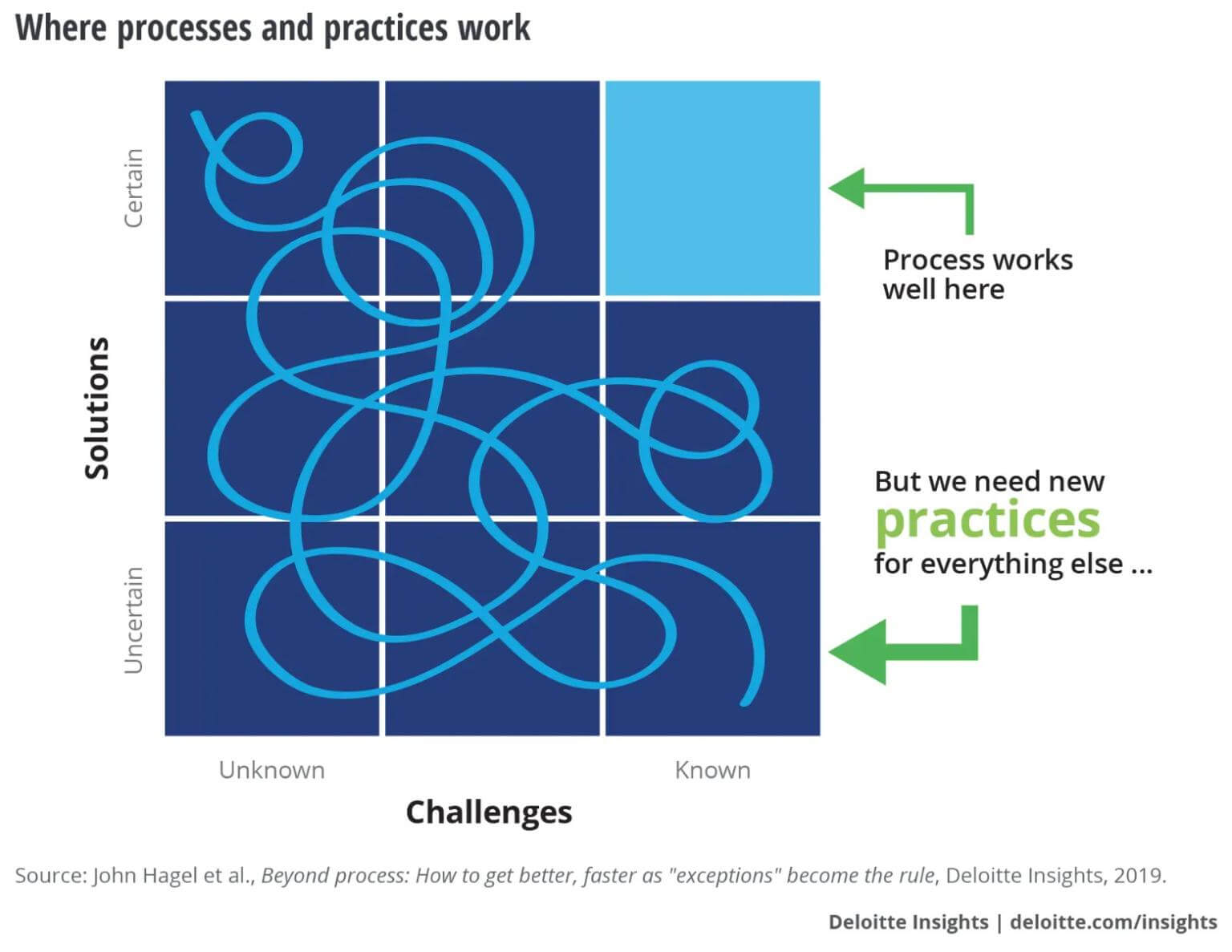‘How should my business use social media after COVID-19 as we adapt to this new normal?’ It’s the question every social media, communications, corporate affairs, marketing and service lead is asking right now. As the uncertainty continues to mount, adapting your social media to current consumer behaviour is vital to ensure you can take fast, decisive action in the future.
Propel recommends reviewing social media listening, customer service resourcing levels, internal collaboration – particularly in a virtual setting – and tailoring social media messages to consumer concerns. This post provides practical advice for those looking to minimise reputational risks and customer impact during uncertain times, as Propel’s Managing Director, Roger Christie explains.
Download the practical tips here and our COVID-19 infographic that takes you through the critical steps to improve your use of social media during COVID-19 or contact us for immediate help.
‘What are the best ways to use social media after COVID-19?’
I’ve been asked this question a lot as we start to emerge from the COVID shadow. It’s a really, really important question. Because any approach that was working for you at the start of the year will not be relevant today. Consumer behaviours have changed too much. As we kick off a new financial year (that seems to have crept up on most of us…), the time is right for a reset. With most teams shifting their focus from COVID crisis response efforts, the emphasis should now be on adapting to new normals.
How is your organisation using this pandemic-led ‘reset’ to change how you use social media to:
- better understand your customers (or new customer segments);
- build the profile and reputation of senior leaders;
- provide the best, most responsive customer service for people whose expectations have changed for good?
The following insights will unpack those opportunities and talk about where you’ll likely see value in FY21. What’s top of mind for your teams? What are they asking that I can tackle here? Let’s start the discussion – this is too good an opportunity to miss out on.
What have you learned about social media during the crisis?
Despite the learnings of COVID, a government agency I was chatting with said leaders would still rather limit social media knowledge and use to one small team. Query volumes, efficiency gains and channel opportunities didn’t matter – ‘legacy restrictions’ meant only a select few would have access.
Perhaps I’m far too ‘glass half full’, but this baffles me. You see, the recent crisis has shown us:
- Social media is far more important than first thought.
- Organisations need social media when the proverbial hits the fan (because customers rely on it).
- Yet organisations themselves are a common blocker to using social media.
When customers need to reach you, why limit access? When you need to reach them, why block your people?
Forget the rule book. Forget the (often dated) policy.
It’s 100% fine to admit this isn’t comfortable. It’s 100% fine to admit it will be a journey. But a new normal has been set for customer engagement and you won’t win their trust and support without respecting their preference for social media.
Don’t just repeat the same approach – this is a wonderful opportunity to reset and rebuild.
Do you have ‘processes’ or ‘practices’?
COVID revealed just how unprepared most are to handle major crises on social media. Sure – there were plans ‘on paper’, but most didn’t know how to execute when customer queries went through the roof.
The very clever Peter Evans-Greenwood raised this idea of processes vs. practices during a recent chat and the concept has really helped me understand why so many still get social media wrong in a crisis. The social media knowledge gap means leaders/those managing risk rely on restrictive processes to control it. Think layers of approvals, team silos or cookie cutter service responses.
In a crisis – and without knowing how and when to adapt – they can create a terrible customer experience that only makes matters worse. Enter ‘practices’. As the article states, practices “are the unspoken norms that team members default to both consciously and unconsciously to regulate their behaviour”.
My view? Crises are worsened by teams forced to rely on social media processes over practices. We must create practices.
Without them, in the unpredictable world of social media you’ll miss context, channel nuance and fail to make the right choices. Teams must be trusted and empowered to act.

Is your team ‘avoiding’ or ‘participating’?
Among its many disruptions, COVID-19 has deeply shaken the public sector’s default response to social media. Have you seen it or perhaps even felt it yourself?
Government agencies have faced an immense volume of citizen queries and most have had to scramble talent and expertise from other teams. Knowledge of how social media should be used to engage citizens is absent, particularly in a crisis.
For me, pinpointing the source of this issue is vital. Why the mad rush to find people?
Because social media skills have been undervalued – even actively avoided – across the public service. Leaders have limited their participation for fear of the unknown. Public servants across the board have been advised to say nothing online. And even teams managing social media have done so with minimal resources.
Enter COVID.
Suddenly this widening gap is exposed, as citizen expectations are shown to be well beyond the capability of a stagnant public service. An issue that will only worsen during any peak event – natural disasters, security issues, major policy changes – without proper investment in training.
The consequences? Increased risk, constrained trust and an inability to take action quickly at a time when citizens are at their most vulnerable.